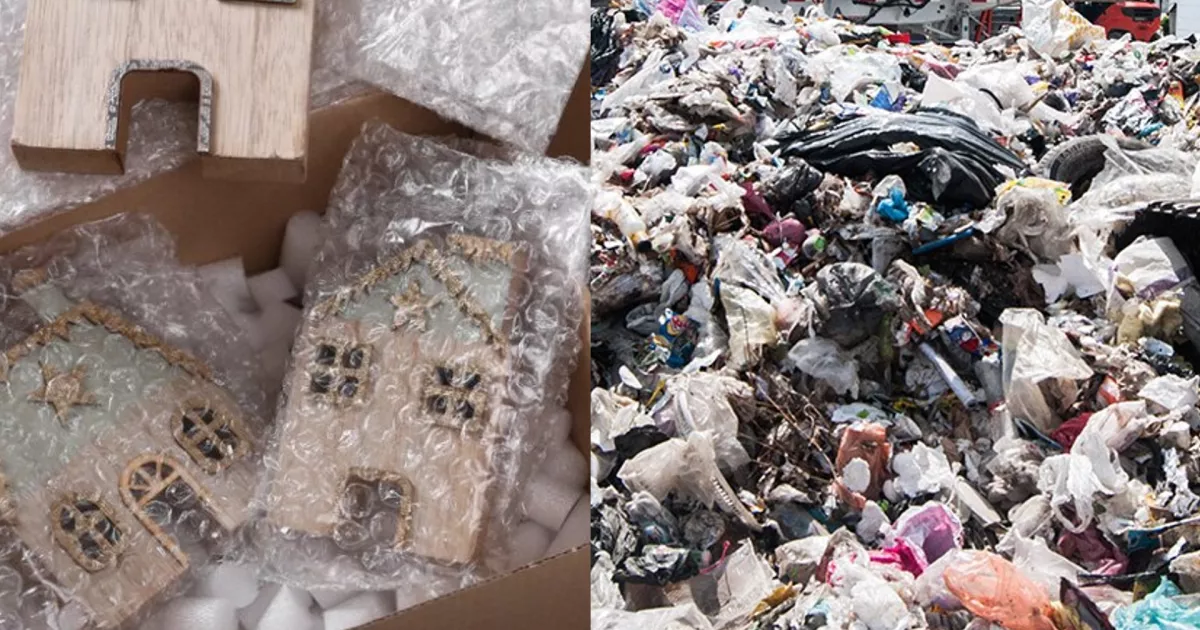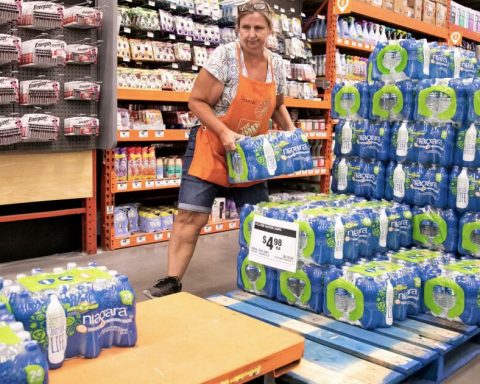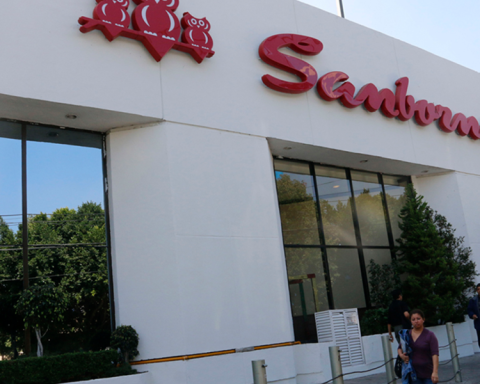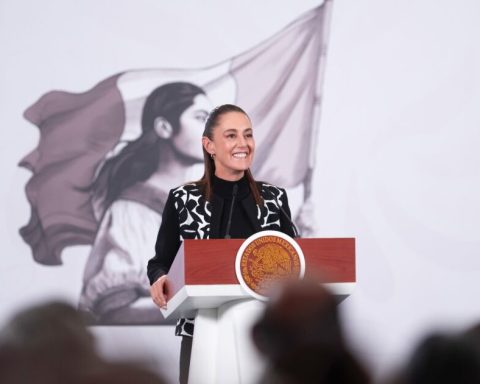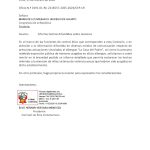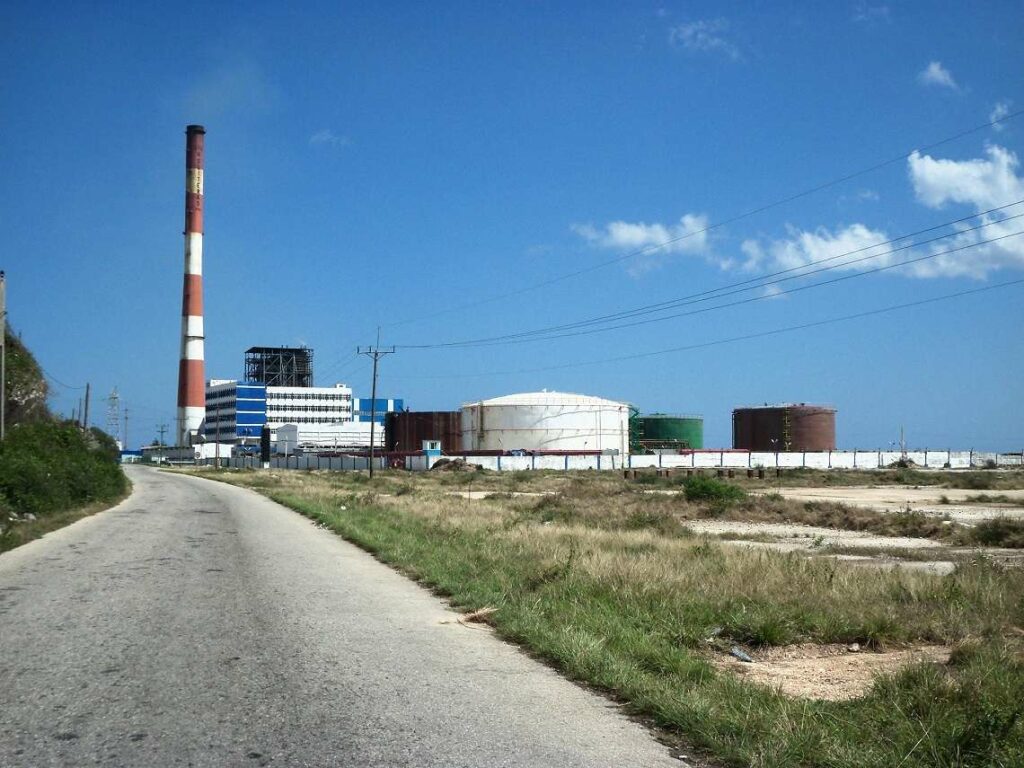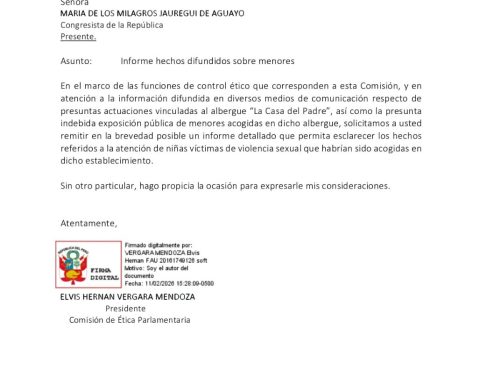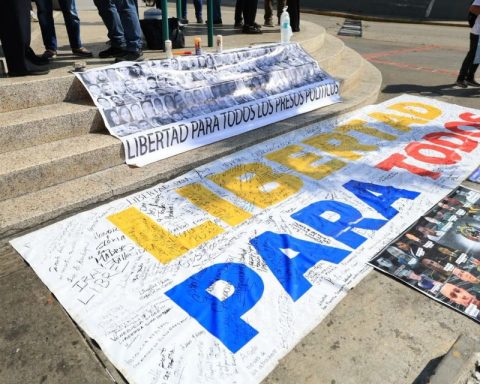Call for regulation for electronic commerce
Nick Leopold, director of Oceana’s “Oceans without Plastics” campaign, assured that Mexico City’s solid waste law contemplates single-use plastic and left out packaging and wrappers used in electronic commerce, even when they are made of the same material and their useful life does not go beyond protecting products.
It is a legal loophole that they are taking advantage of to use this material, but they are not responsible for what happens with this material and the pollution they generate.
He said that even e-commerce companies make abusive use of plastic for their packaging and protective capsules. “E-commerce companies sometimes fall into the absurd, they send things that cannot be broken like a cloth backpack, in a huge box and with a huge amount of plastic that will end up in the trash,” he said. .
Nick Leopold noted that a study conducted by Oceana points out that of the total single-use plastics, 50% ends up in landfills, 22% are a source of environmental pollution, 19% is incinerated and only 9% is recycled, hence it considered it necessary for the plastic of electronic commerce is regulated from the Congress of Mexico City.
“The response from local deputies and the Ministry of the Environment has been good, if we see that there is a way to build a regulation, but there also needs to be pressure from civil society,” he said.
For her part, Vivian Heredia, coordinator of the Alianza México Sin Plástico, considered it urgent to regulate the plastic used in electronic commerce since, in addition to generating pollution, the management of solid waste by the government costs the citizens of the capital through of your taxes.
“There is an international law that is that the polluter pays, so we should have an instrument so that these companies that pollute us so much pay for the use of plastics, citizens can force (companies) through responsible consumption,” explained.
